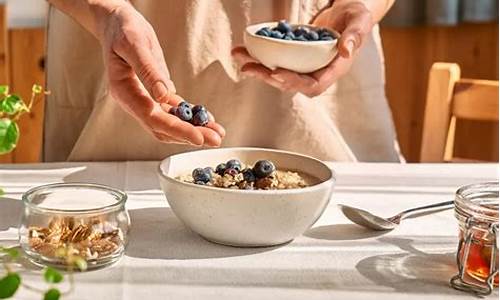Achieving glowing and healthy skin is not just about external skincare routines; what you eat plays a crucial role in enhancing your skin’s condition. A well-balanced diet packed with vitamins, minerals, antioxidants, and healthy fats can significantly impact skin health. In this article, we will explore how various foods contribute to improving skin texture, tone, and elasticity, and how making mindful dietary choices can help you maintain vibrant, youthful skin.
1. Importance of Hydration for Skin Health
Staying hydrated is essential for maintaining skin moisture and elasticity. Water helps flush out toxins and keeps your skin looking plump and radiant. Consuming water-rich foods like cucumbers, watermelon, and oranges also provides hydration, supporting your skin’s natural barrier function. A well-hydrated body reflects positively on your skin, reducing dryness and promoting a smoother complexion.
2. Antioxidants for Protection Against Skin Damage
Antioxidants are vital in neutralizing free radicals that cause skin aging and damage. Foods rich in antioxidants such as berries, green leafy vegetables, and nuts help protect the skin from environmental pollutants and UV rays. These antioxidants reduce the appearance of fine lines, wrinkles, and sun spots, while boosting the skin’s natural healing process.
3. Healthy Fats for Skin Elasticity
Healthy fats, particularly omega-3 fatty acids, play a significant role in maintaining skin elasticity and moisture. Fatty fish like salmon, walnuts, and flaxseeds are excellent sources of omega-3s that support cell regeneration, reduce inflammation, and prevent dryness. These healthy fats also help combat acne by regulating oil production and reducing inflammation in the skin.

4. The Role of Vitamins in Skin Health
Vitamins such as Vitamin C, E, and A are essential for maintaining healthy skin. Vitamin C aids in collagen production, which improves skin structure and firmness. Vitamin E, an antioxidant, protects against skin damage and promotes skin repair. Vitamin A, found in carrots and sweet potatoes, supports cell turnover and helps prevent acne breakouts.
5. Avoiding Processed Foods for Better Skin
Processed foods, loaded with sugars and unhealthy fats, can have a detrimental effect on your skin. Excessive sugar intake leads to glycation, which damages collagen and elastin, essential proteins for youthful skin. Cutting back on processed and sugary foods and focusing on whole, nutrient-dense meals can significantly improve your skin’s appearance and overall health.
Conclusion
A healthy diet plays an integral role in promoting radiant and youthful skin. By staying hydrated, incorporating antioxidant-rich foods, consuming healthy fats, and ensuring sufficient vitamin intake, you can nourish your skin from the inside out. In addition, avoiding processed foods and excess sugar will help keep your skin clear and glowing. With the right nutrition, you can enjoy a healthier, more vibrant complexion every day.